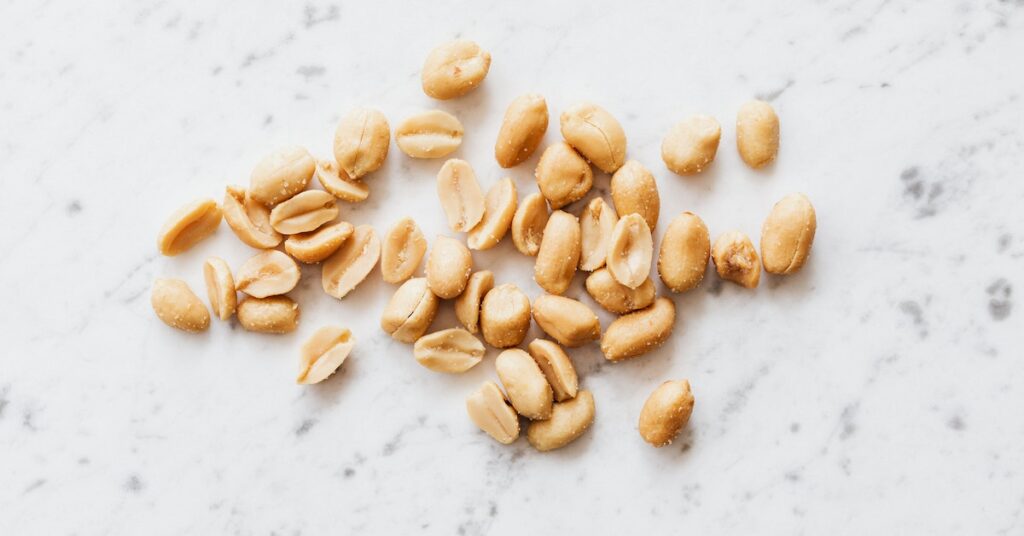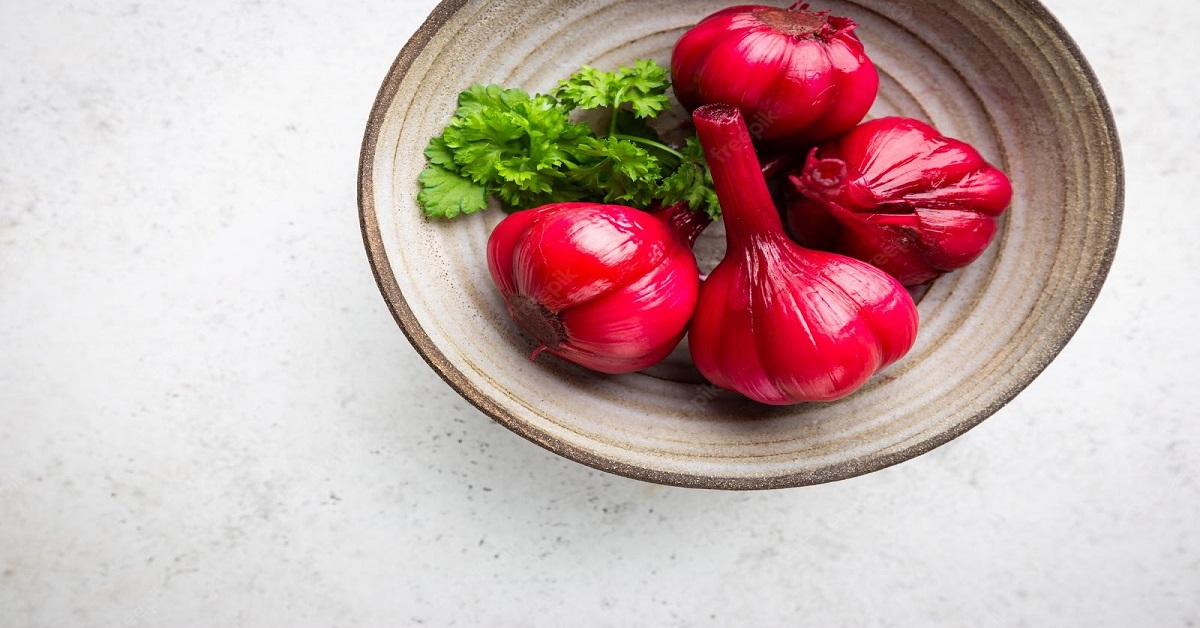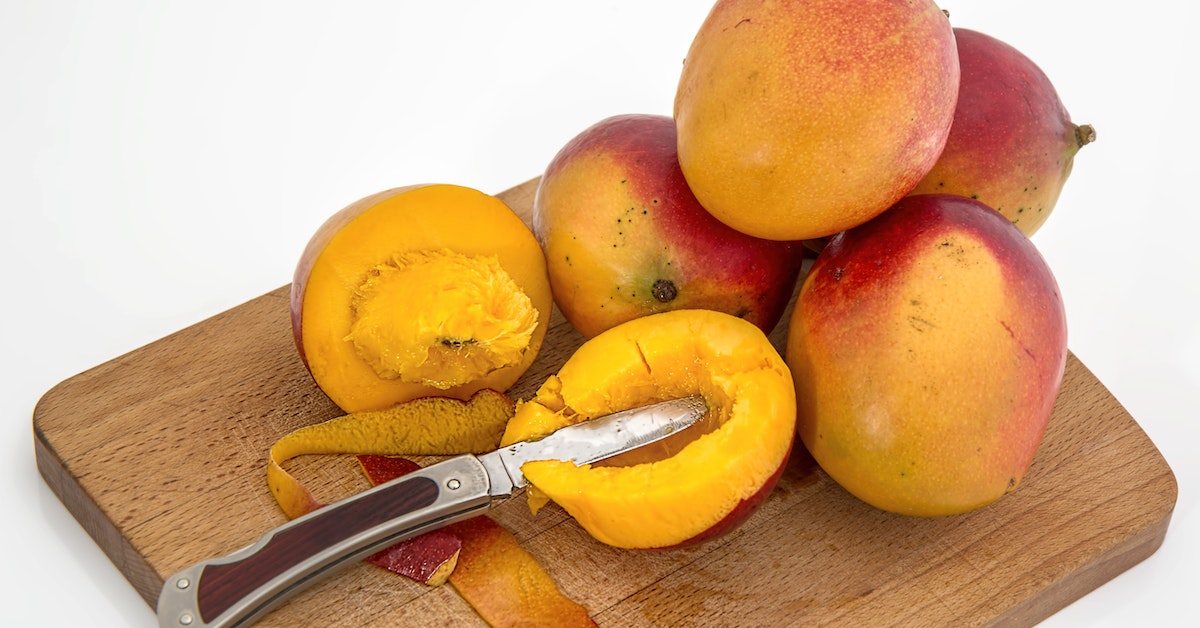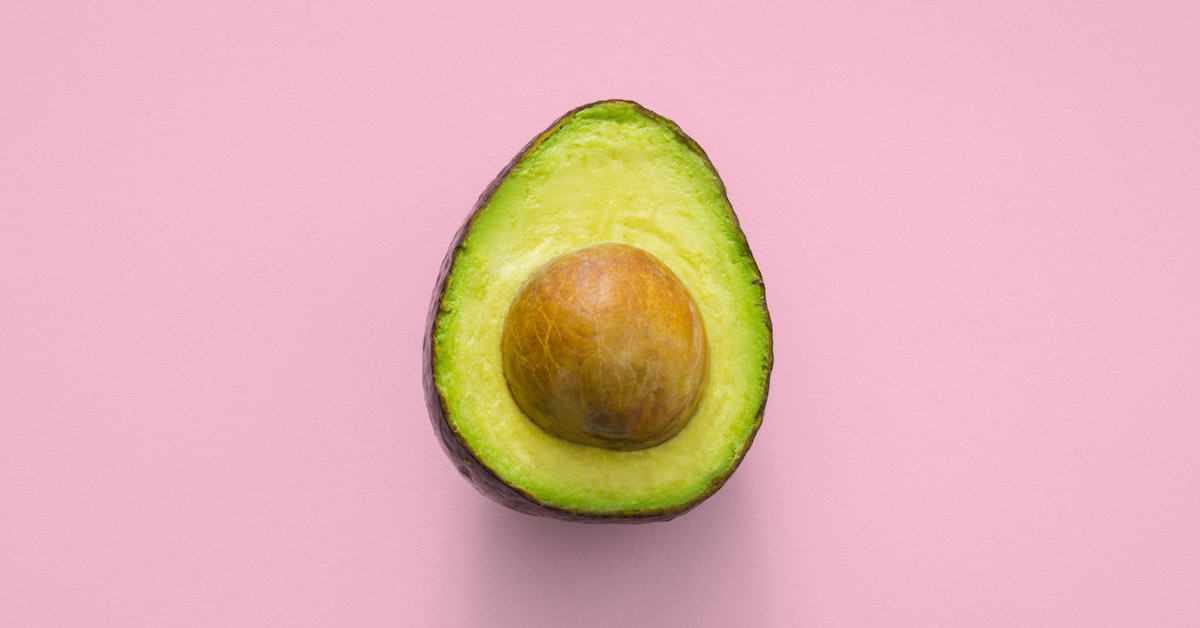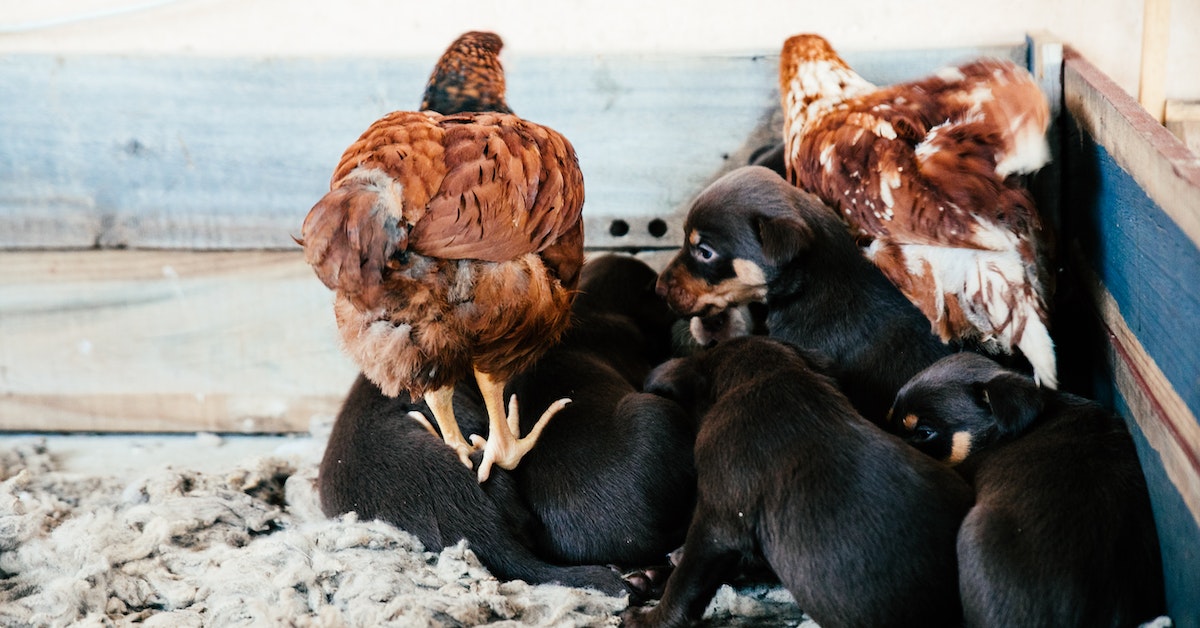Dogs are known for their love of food. They’ll eat just about anything, including things that they shouldn’t. This can lead to health problems, so it’s important to know what foods are safe for dogs and which ones they should avoid. Peanuts are a common food, but can dogs eat peanuts? The short answer is yes, dogs can eat peanuts. Peanuts are a good source of protein and essential vitamins and minerals. However, peanuts are also a common allergen, so you should be careful when feeding them to your dog. In this article, we’ll discuss the benefits and risks of feeding peanuts to dogs, as well as some tips on how to do it safely.
Can Dogs Eat Peanuts?
Yes, dogs can eat peanuts. Peanuts are actually legumes, not nuts. They’re from the same family as beans and peas, and are a good source of protein. Peanuts are also a source of niacin, folate, iron, and magnesium. However, the same properties that make peanuts a good source of nutrients can cause problems for some dogs. Peanuts contain a lot of allergens that can cause problems for dogs, especially those with a history of allergies. If your dog has a history of allergies, it’s best to avoid giving them peanuts. If you’re unsure whether your dog has allergies, you can try giving them a small amount, such as a teaspoon. If your dog has no adverse reactions, then they can safely be given peanuts as a treat or part of their regular diet.
The benefits of feeding peanuts to dogs
As we’ve discussed, peanuts are a good source of protein and essential vitamins and minerals. They also have a lot of health benefits for dogs.
– Improved skin and coat health: Peanuts have high levels of biotin, which is important for skin and coat health. Feeding your dog peanuts can help improve their skin and fur, as well as minimize itching, scratching, and shedding.
– Stronger bones: Peanuts are also a good source of vitamin K2, which helps to strengthen bones. While peanuts don’t contain calcium, they can help to keep your dog’s bones strong and healthy.
– Improved digestion: Peanuts are also high in fiber, which can help to improve digestion for canines. This can help to regulate bowel movements and reduce the chances of diarrhea and other digestive issues.
– Mental health: Peanuts are also a good source of antioxidants, which can protect your dog’s brain from free radicals and damage. This can reduce the risk of mental illnesses, such as anxiety and depression.
– Heart health: Peanuts are a good source of niacin, which is important for heart health. This can help to lower cholesterol, prevent blood clots, and regulate blood pressure.
– Stronger bones in puppies: Peanuts are also particularly important for puppies, who need high amounts of protein to grow strong bones.
– Improved milk production in nursing mothers: Peanuts are also beneficial for nursing mothers, who can increase milk production by feeding peanuts to their puppies.
The risks of feeding peanuts to dogs
As we’ve discussed, peanuts are a great source of nutrients, but they do come with some risks as well.
– Allergies: As we’ve discussed, peanuts contain a lot of allergens that can cause problems for dogs with allergies. If your dog has allergies, they may experience itching, scratching, vomiting, or diarrhea. They may also develop skin issues, including redness, swelling, and rashes.
– Weight gain: While peanuts are nutritious, they are also high in fat. This can lead to weight gain in dogs who consume large amounts.
– Heart disease: While small amounts of peanuts are generally safe for dogs, feeding them large amounts can increase the risk of heart disease. This is because niacin, which is found in peanuts, can increase blood pressure and blood cholesterol. This can increase the risk of heart attack and other heart issues.
– Magnesium deficiency: While peanuts are a good source of magnesium, they also contain oxalic acid, which prevents absorption of this mineral. This can lead to a deficiency in dogs who eat large amounts of peanuts, especially if they don’t consume other sources of magnesium.
– Vitamin B6 deficiency: Studies have also shown that high amounts of peanuts can lead to vitamin B6 deficiency in dogs. This can cause issues with the nervous system and mental health.
Is There Any Dog Breed Allergic to Peanuts?
Yes, there are a few dog breeds that are more likely to be allergic to peanuts. This includes:
– Bulldogs: Bulldogs are a particularly common breed that is allergic to peanuts.
– Collies: Collies are also more likely to be allergic to peanuts, due to their herding ancestry.
– Dalmatians: Dalmatians are also more likely to have peanut allergies, due to their high uric acid levels.
– German Shepherds: German Shepherds have a higher chance of being allergic to peanuts, due to their herding background.
– Labradors: Labradors are a particularly common breed that is allergic to peanuts.
– Poodles: Poodles are also more likely to be allergic to peanuts, due to their herding ancestry. – Siberian Huskies
Tips for feeding peanuts to dogs safely
If you decide to feed peanuts to your dog, be sure to feed them in moderation. This is because they are high in fat and can lead to weight gain. This can cause problems for your dog’s joints, such as their hips, knees, and spine.
– Feed your dog peanuts in moderation. This can prevent weight gain, which can cause issues with your dog’s joints.
– Talk to your veterinarian before giving your dog peanuts. They can help you determine if your dog is healthy enough to handle peanuts and recommend how much to feed them.
– Peanuts are a source of oxalic acid, which prevents the absorption of magnesium. Feeding your dog peanuts along with other sources of magnesium can help prevent deficiency.
– Peanuts can be given as treats or added to your dog’s regular diet, but avoid feeding them as a substitute for a balanced diet.
– Avoid feeding your dog peanut butter, as this is high in fat and sugar.
How to safely feed peanuts to dogs
Before feeding your dog peanuts, talk to your veterinarian to determine if your dog is healthy enough to handle them. Feed your dog small amounts of peanuts, as they are high in fat and can lead to weight gain and joint issues. You can feed your dog peanuts as treats or add them to their regular diet, such as in a peanut butter and dog food recipe. If you want to give your dog peanut butter, be sure that you read the ingredients carefully. Make sure to avoid peanut butter with added sugars. Peanut butter can also be dangerous when given to dogs unblocked. Peanuts are a choking hazard for dogs, especially smaller breeds, so remove the shells first. When feeding your dog peanuts, it’s important to remove the shells first. The shells can be choking hazards for dogs. You can purchase peanut butter without the shells, which is easier to feed to dogs.
What are the Food Recipes Made with Peanuts for Dogs?
There are several different food recipes made with peanuts for dogs. Some of the most common recipes include:
– Peanut butter dog treats: Peanut butter dog treats are a simple recipe that can be made at home. You can simply mix peanut butter with other ingredients, such as oatmeal, flaxseed, or pumpkin.
– Peanut butter and dog food recipe: You can also put peanut butter into your dog’s regular food. This can be a good source of protein for dogs who need extra nutrients.
– Peanut butter dog biscuits: You can make peanut butter dog biscuits by mixing peanut butter with other ingredients, such as oats, flaxseed, and apple sauce. These can be a good source of protein for dogs.
– Peanut butter dog food: You can also make peanut butter dog food by adding peanut butter to your dog’s kibble. This can be a good source of protein for dogs.

